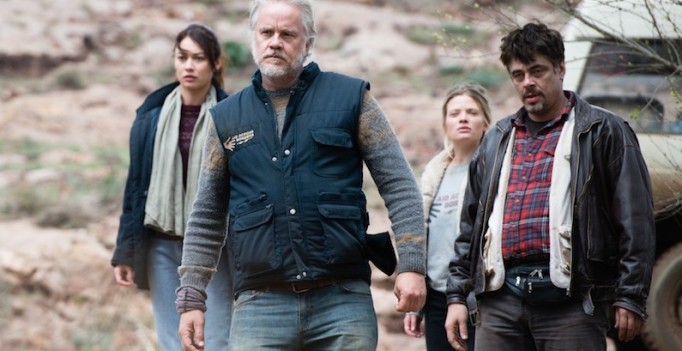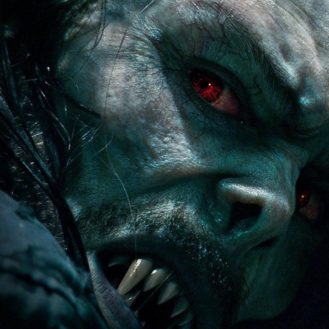A film titled A Perfect Day opens itself to a lot of critical wordplay. Unfortunately, it’s not perfect and it’s not imperfect – it’s definitely somewhere in the middle. An Okay Day just doesn’t have the same ring.
The biggest tragedy is that Fernando León de Aranoa’s film could’ve easily been flawless with some stylistic changes. The movie continues along with a tradition set by the likes of L’argent and The Bicycle Thieves: a group of humanitarian aid workers in the remnants of 1990s Yugoslavia seek a simple item – a rope to fish a corpse out of a town’s water well. It’s the difficulty in this task that points out the absurdities of political strife in a time of trauma. At least, that is what the film should have attempted to be.
While the rope’s importance is stated throughout, it never reaches the importance of the counterfeit bill or the bicycle in the aforementioned films. Instead, the first act is spent on somewhat needless character development, threatening to devolve the film into clichés. It is only in the second act, after the slow burn, that things begin to take off. By the final leg, movie goers are almost willing to forgive the crimes of the first half. A Perfect Day realizes late in the game where it should be headed: the simple act of acquiring rope taking on political, national, religious and even personal significance, frequently having the removal of available rope equated to disease, treason and death.
The performances throughout are absolutely wonderful; everyone from the established faces (Benicio Del Toro, Tim Robbins) to the bit players portraying villagers and children. Visually, the film looks no different from similar films like Welcome to Sarajevo, but that is not necessarily a detriment. What is a huge detriment, however, is the soundtrack. There are some great songs, but none of them fit in context. Venus in Furs and East Infection are powerful songs, but not when they are taken completely out of any context and just used as background filler. The worst example of this comes with the single most affective scene in the film which is, without hyperbole, ruined by the intrusion of Marilyn Manson’s cover of Sweet Dreams.
Basically, there is a perfect film in here somewhere. Fernando León de Aranoa shows some great talent here, but his biggest obstacle when filmmaking is his own self-sabotage.
**********
Do You Tweet? Follow These Tweeple:
Shahbaz Khayambashi: @Shakhayam




Be the first to comment